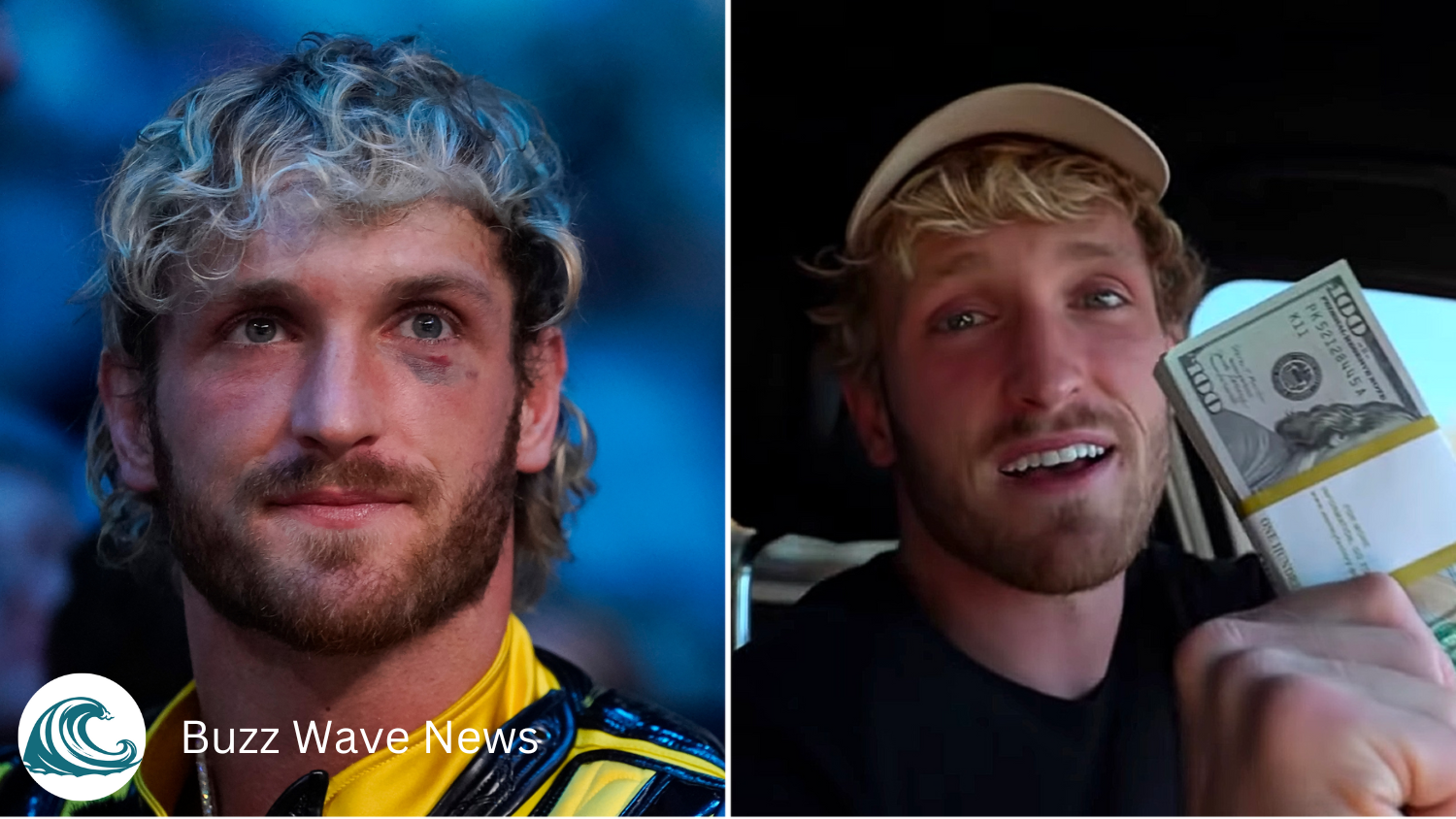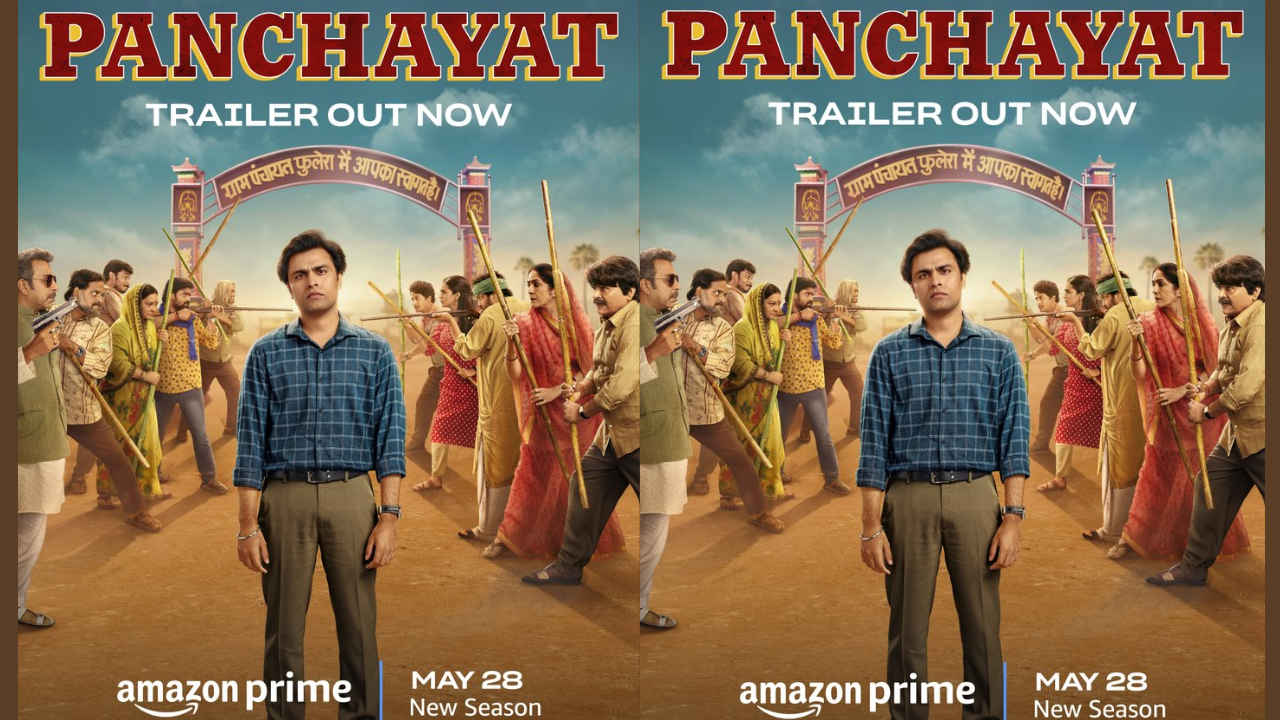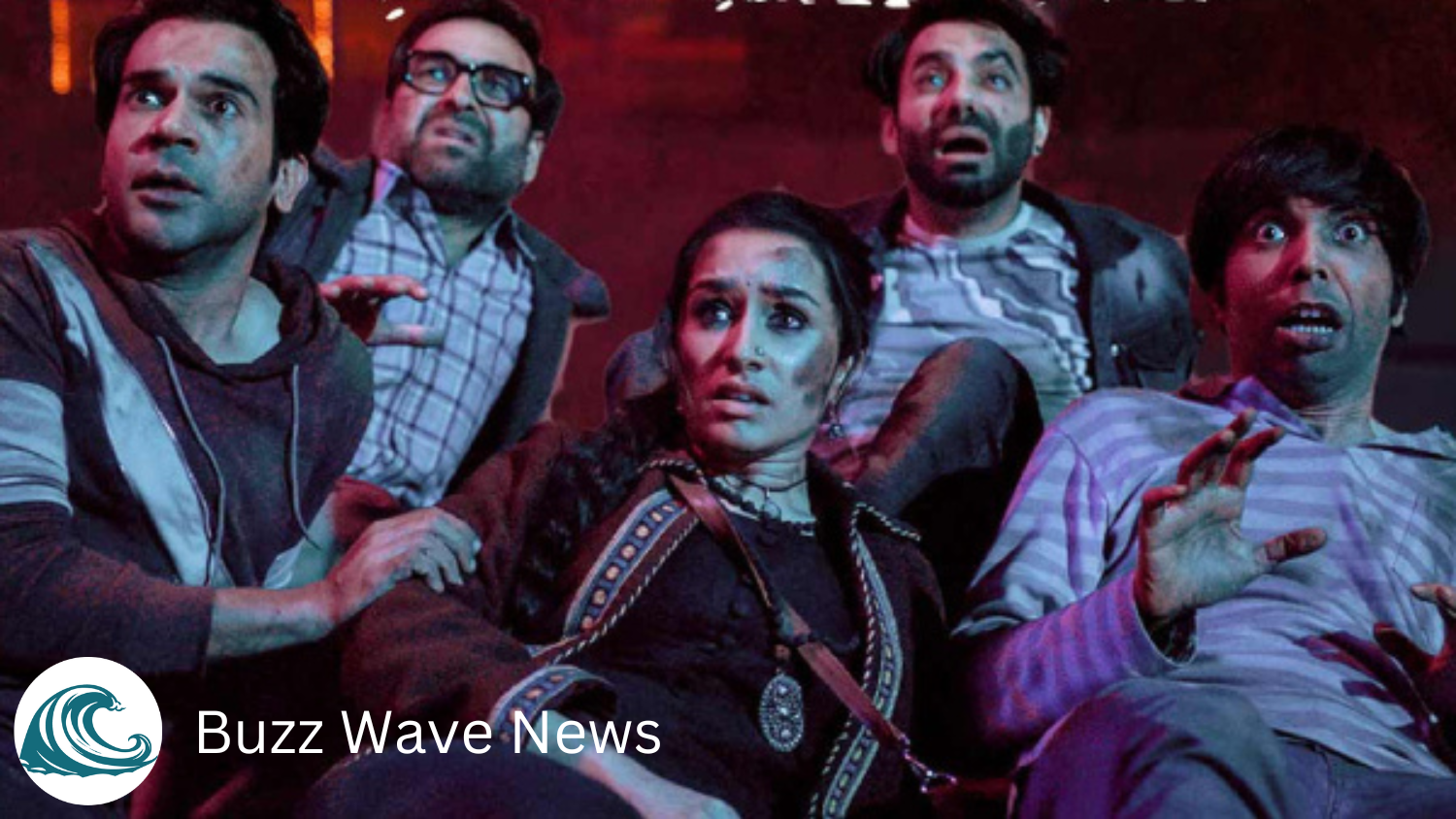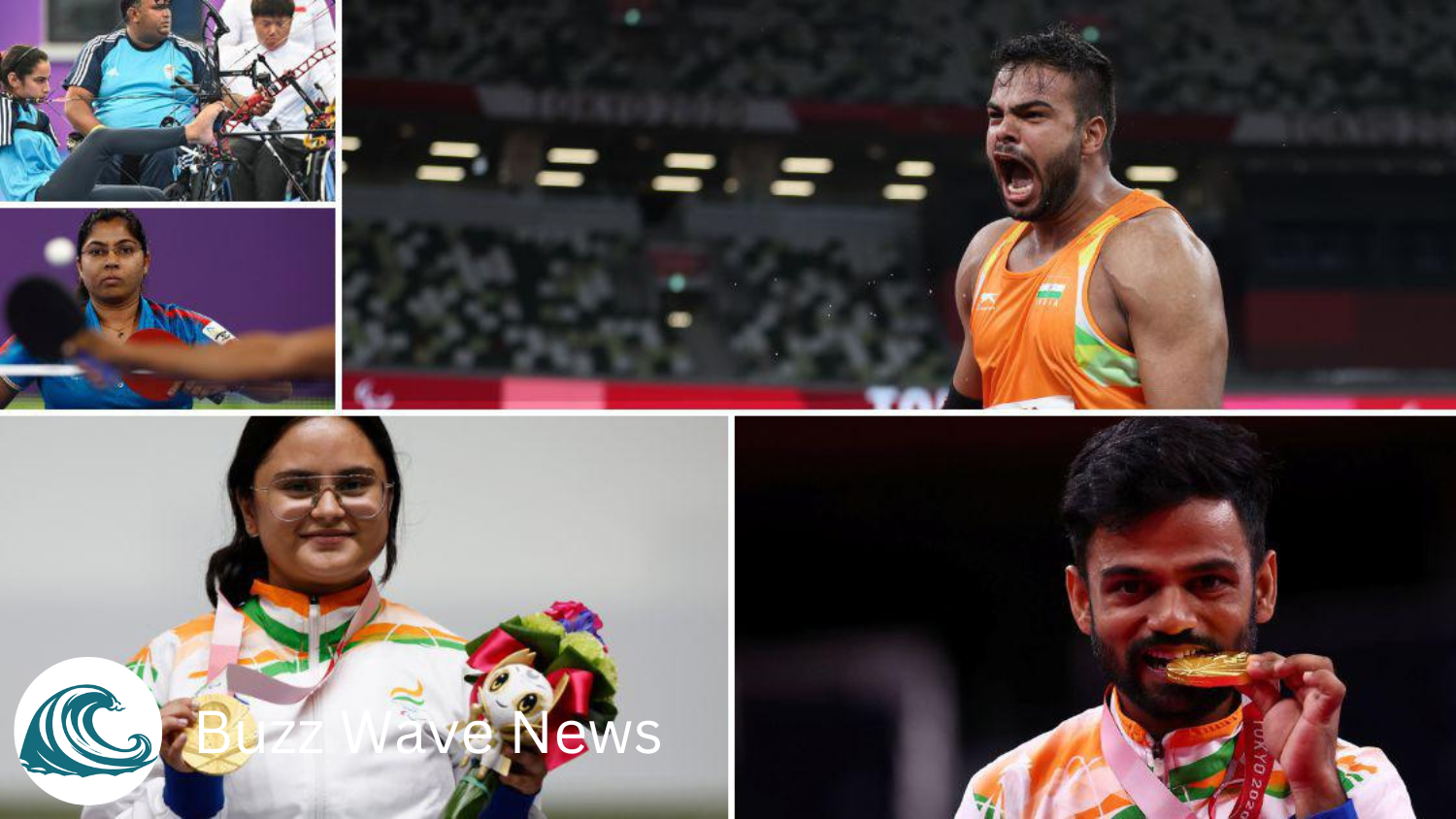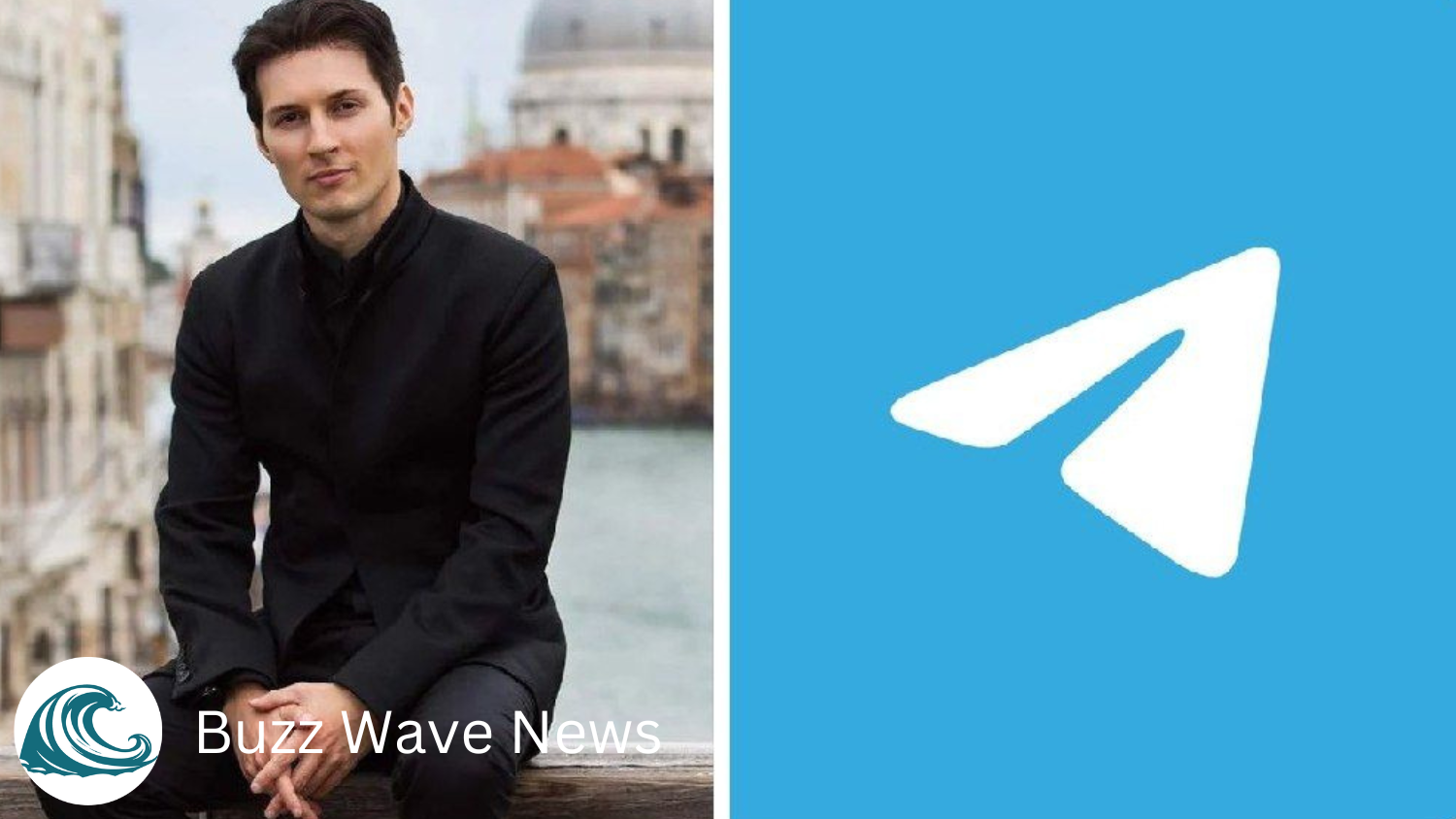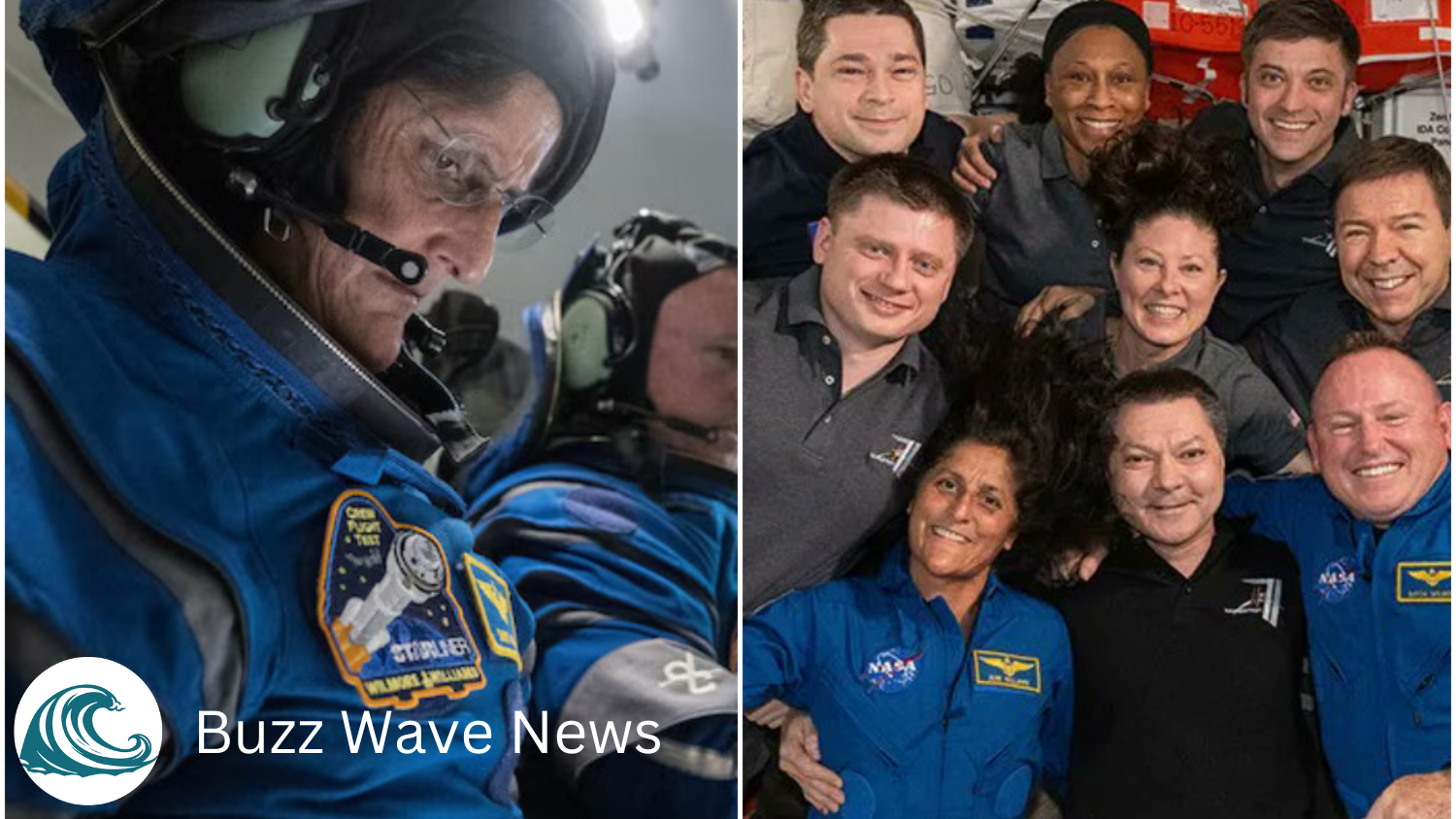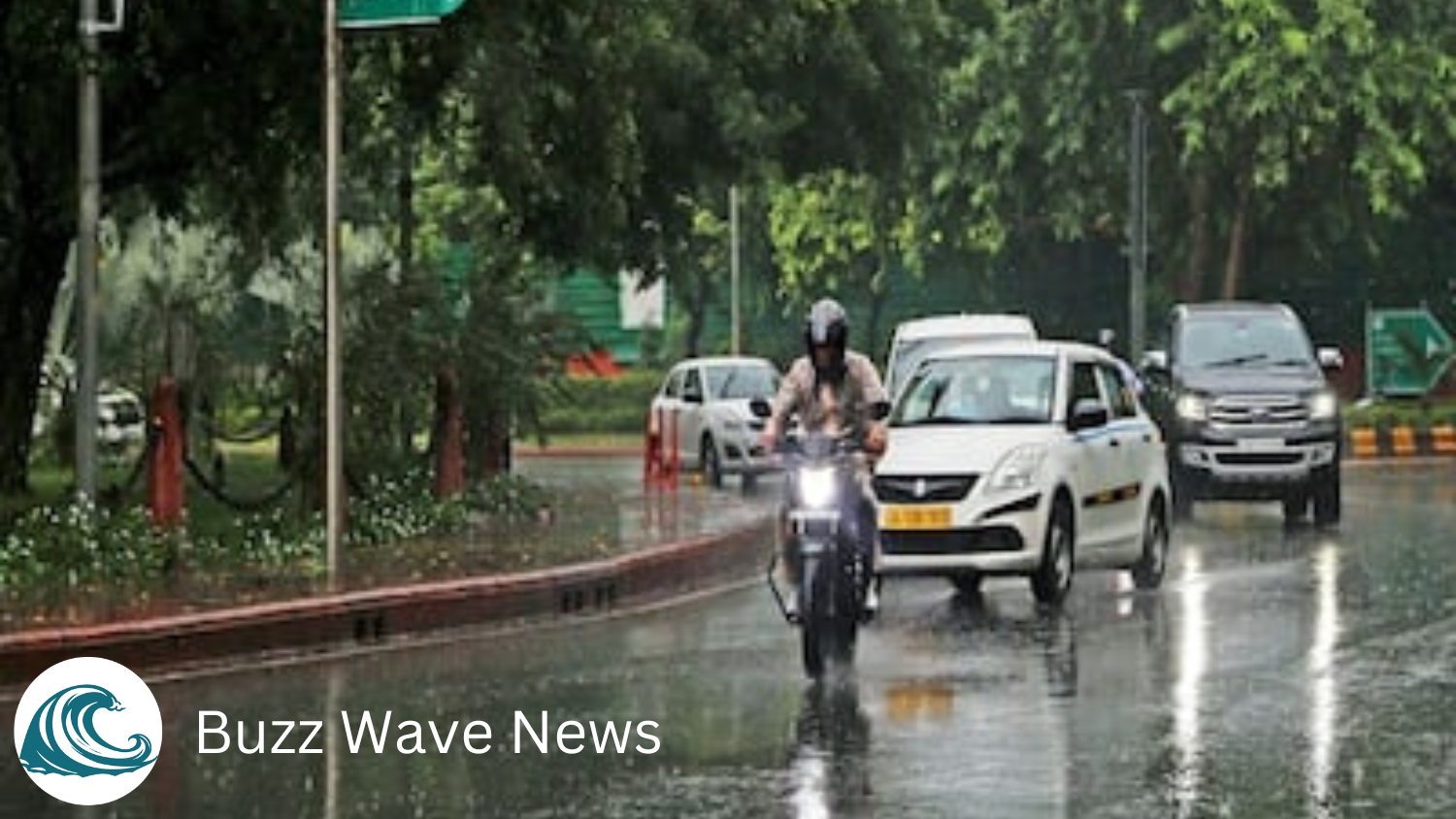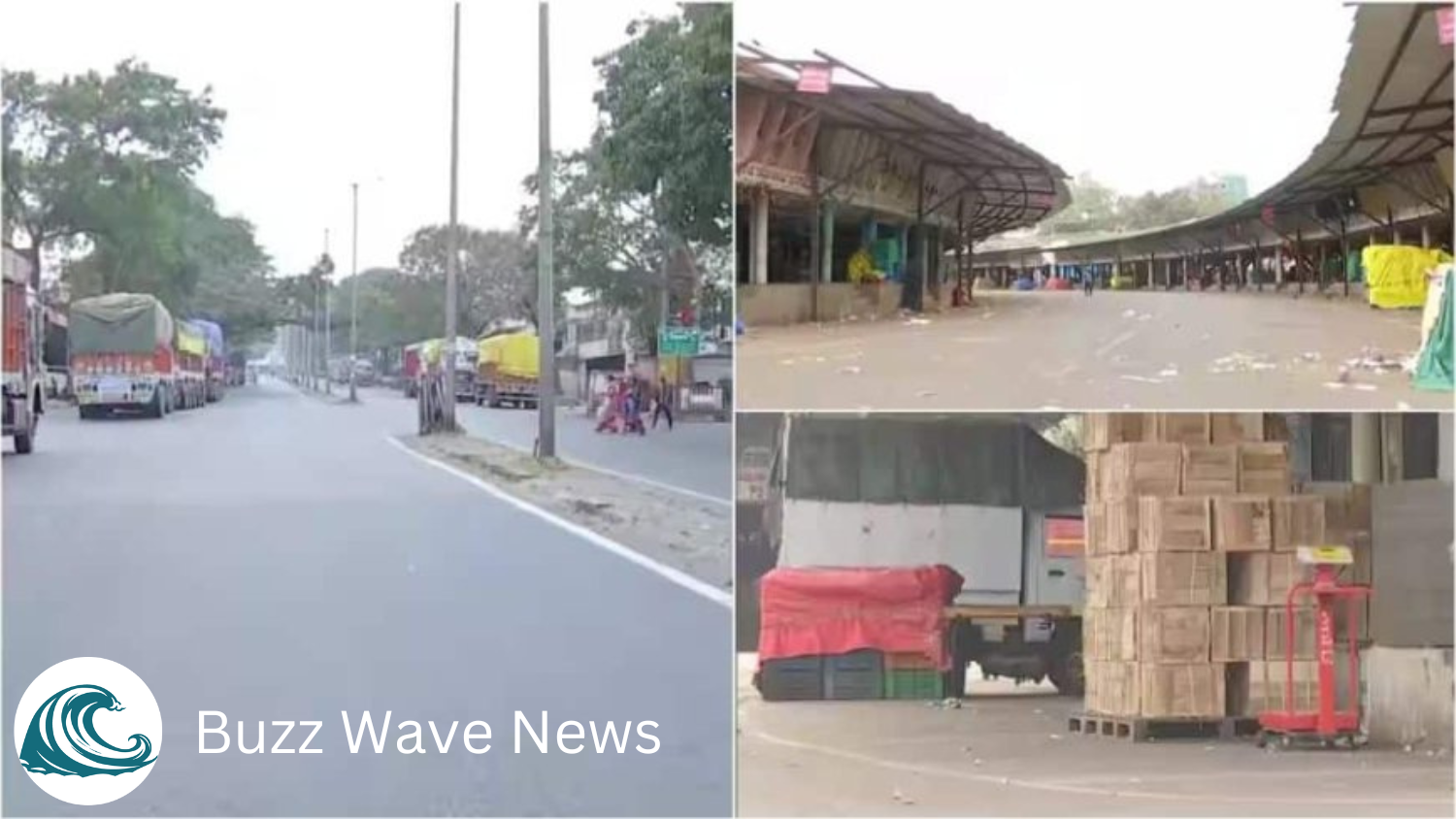In a recent turn of events that has captured the attention of both fans and media, Logan Paul, the renowned social media influencer and boxer, publicly admitted to spreading misinformation about Imane Khelif, better known as Pokimane.
This admission, marked by Paul’s candid acknowledgment of his mistake, has sparked widespread discussion across various platforms. In this article, we delve into the details of the controversy, Paul’s apology, and the broader implications of this incident.
The Backdrop of the Controversy
Logan Paul, who rose to fame through his YouTube channel and subsequent ventures in boxing and podcasting, has often been a polarizing figure. Known for his larger-than-life personality and controversial content, Paul has been involved in numerous public disputes and scandals. The recent controversy involving Pokimane, a prominent streamer and content creator, has added another chapter to his complex public persona.
Imane Khelif, better known in the gaming community as Pokimane, has built a substantial following with her engaging content on platforms like Twitch and YouTube. As one of the most influential female gamers, Pokimane has often been in the spotlight, not just for her gaming skills but also for her interactions with other internet personalities.
The Misinformation Incident
The controversy began when Logan Paul made several public statements about Pokimane that were later identified as inaccurate. These statements, which Paul initially presented as fact, included allegations and claims about Pokimane’s personal life and professional conduct. The nature of these claims varied, but they collectively painted a misleading picture of Pokimane’s activities and character.
Paul’s comments were widely disseminated across social media, leading to a wave of reactions from his followers and fans. The misinformation quickly spread, exacerbating the situation and causing harm to Pokimane’s reputation. The impact was felt not just by Pokimane but also by her community and the broader online audience who were exposed to the misleading information.
Logan Paul’s Admission and Apology
On August 1, 2024, Logan Paul addressed the issue directly through a video posted on his social media channels. In the video, Paul admitted to spreading misinformation about Pokimane, acknowledging that his statements were incorrect and unverified. The admission was accompanied by an apology, which Paul framed as an attempt to make amends for the damage caused.
In the video, Paul stated, “I’ve come to realize that the things I said about Pokimane were not just wrong but harmful. I was spreading misinformation without verifying facts, and for that, I want to say ‘Oopsies’ and sincerely apologize to Imane and her fans.” This candid acknowledgment was a significant departure from Paul’s usual approach, which often involves deflecting or minimizing controversies.
Reactions to the Apology
The reaction to Paul’s apology has been mixed. On one hand, some praised Paul for taking responsibility and addressing the issue head-on. The willingness to admit fault and offer a public apology is seen by many as a step in the right direction, particularly in an era where public figures often avoid direct accountability.
On the other hand, critics argue that Paul’s apology, while necessary, is insufficient given the scale of the misinformation and its impact. Many believe that a mere acknowledgment of the mistake does not fully address the harm done, especially considering the influence Paul wields and the speed at which misinformation can spread online.
Pokimane herself has not issued a detailed public response to Paul’s apology as of this writing. However, her supporters and the broader gaming community have voiced their opinions on social media, with many expressing support for her and calling for a more rigorous approach to combating misinformation in online spaces.
The Broader Implications
This incident highlights several important issues related to online behavior and the responsibilities of content creators. First and foremost, it underscores the impact that misinformation can have on individuals and communities. In an age where social media can amplify falsehoods rapidly, the spread of inaccurate information can have real-world consequences.
Logan Paul’s case also illustrates the need for accountability among influencers and public figures. While Paul’s admission of fault is a positive step, it also raises questions about the mechanisms in place to prevent the spread of misinformation and the effectiveness of existing measures. The incident serves as a reminder of the importance of fact-checking and responsible communication, especially for those with significant online followings.
Moreover, the controversy surrounding Pokimane and Paul underscores the broader challenges faced by online communities in navigating conflicts and misinformation. As digital platforms continue to evolve, finding effective ways to address and mitigate the spread of false information remains a critical issue for both content creators and their audiences.
The Path Forward
In the wake of this controversy, several steps can be taken to address the issues raised and prevent similar incidents in the future. For Logan Paul, continuing to engage in open and honest communication with his audience is crucial. Beyond the apology, it will be important for Paul to demonstrate a commitment to improving his approach to sharing information and ensuring accuracy.
For Pokimane and her supporters, the focus may shift toward advocating for better practices in online communication and reinforcing the importance of verifying information before dissemination. Engaging in constructive dialogue and fostering a culture of accountability within online communities can help mitigate the impact of misinformation and promote a more responsible digital environment.
The recent admission by Logan Paul of spreading misinformation about Imane Khelif, or Pokimane, has sparked significant discussion and reflection within the online community. While Paul’s apology marks a step toward accountability, the broader implications of this incident underscore the ongoing challenges of managing misinformation in the digital age.
As both Paul and Pokimane navigate the aftermath of this controversy, the incident serves as a reminder of the power of online platforms and the responsibility that comes with it. Moving forward, it is essential for all content creators and influencers to prioritize accuracy and integrity in their communications, ensuring that the online space remains a place of trust and reliability.
This situation also presents an opportunity for the online community to engage in meaningful dialogue about the impact of misinformation and to work collaboratively towards solutions that foster a more informed and respectful digital environment.
